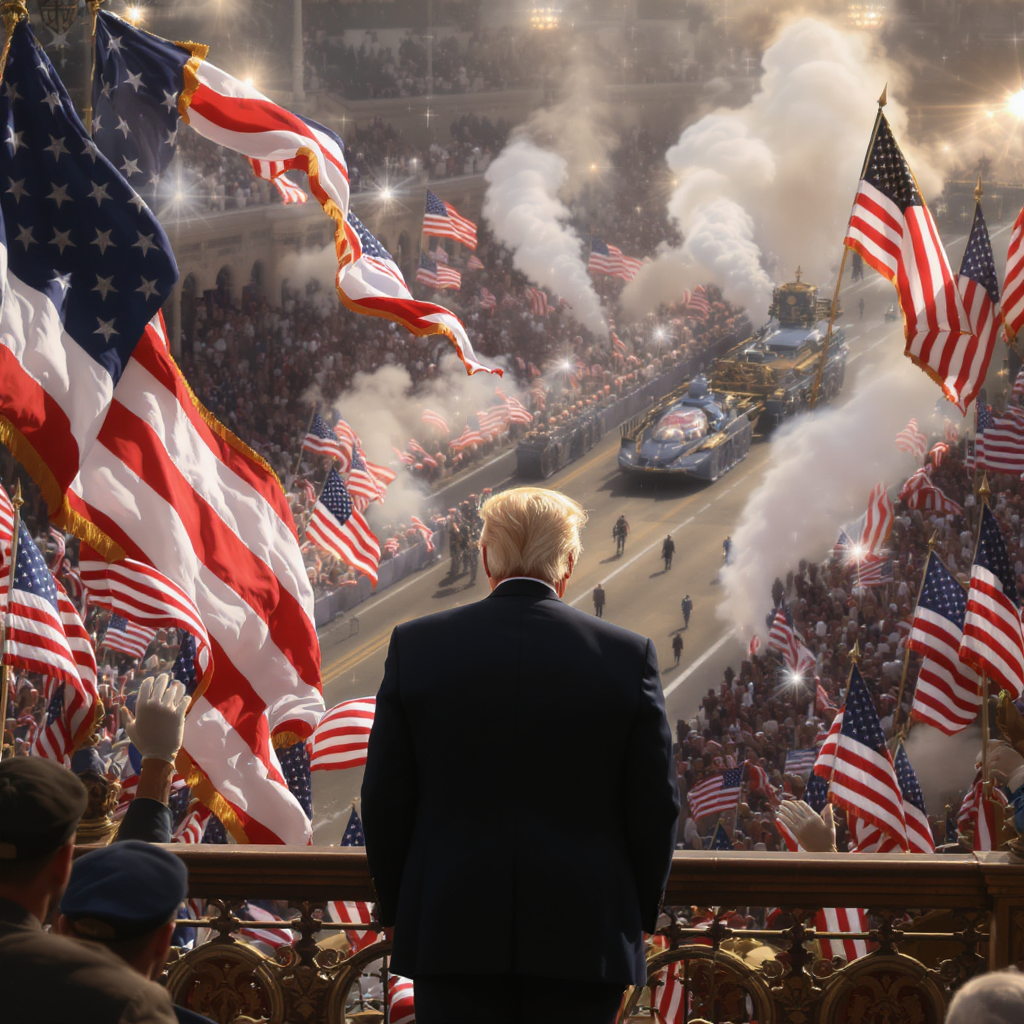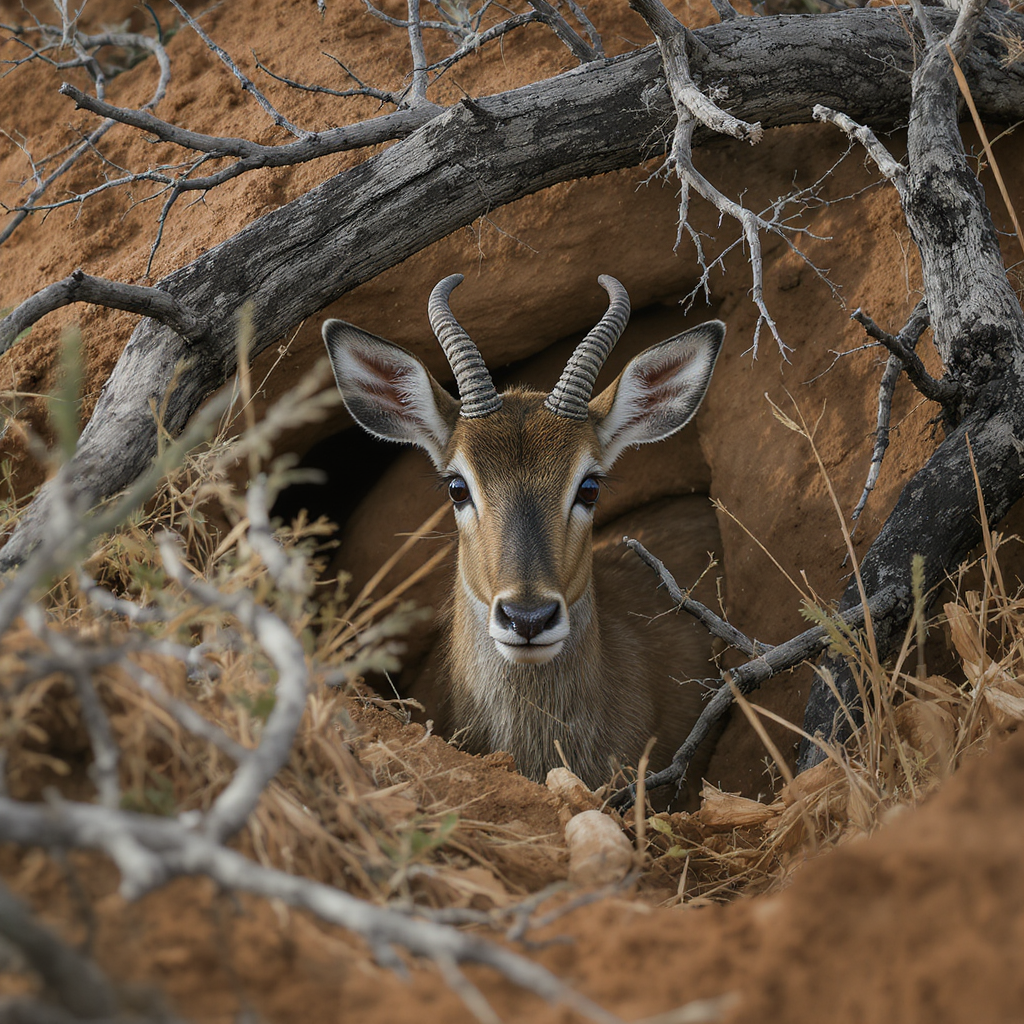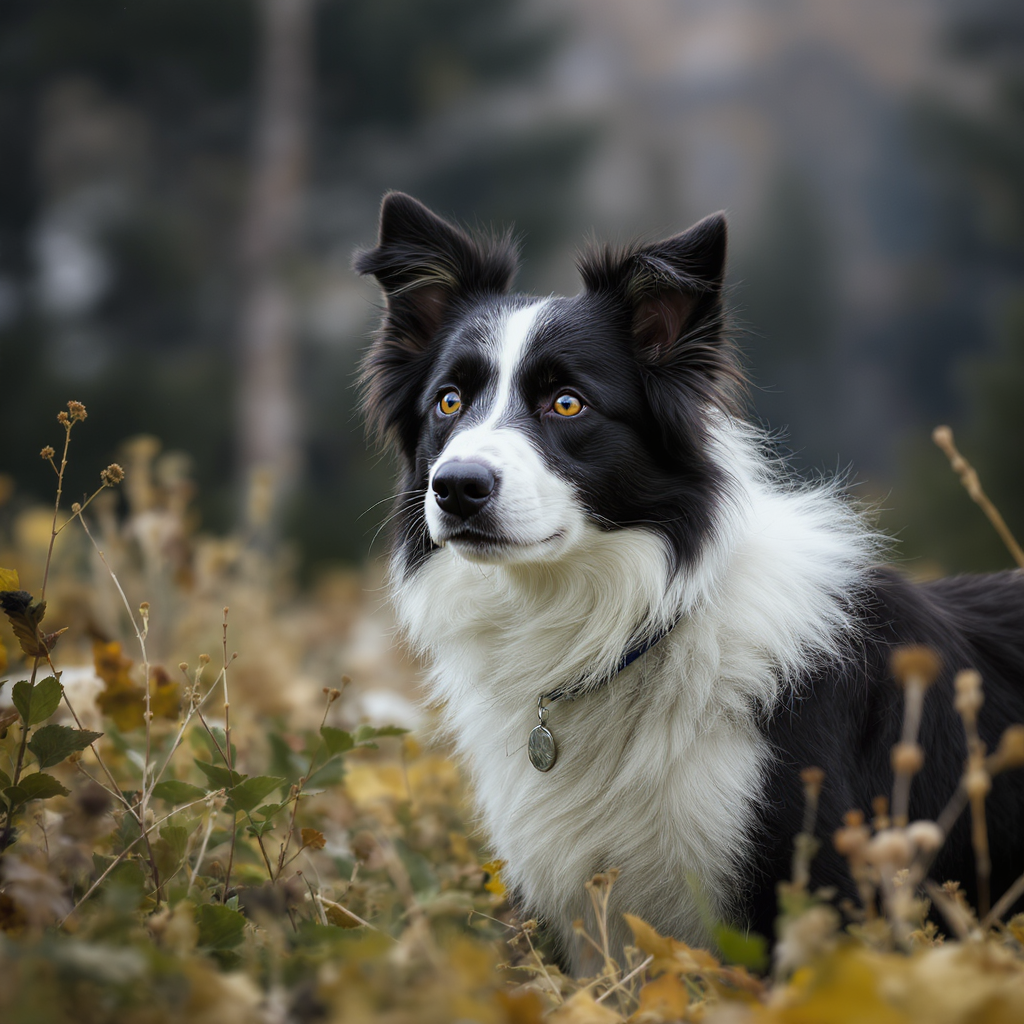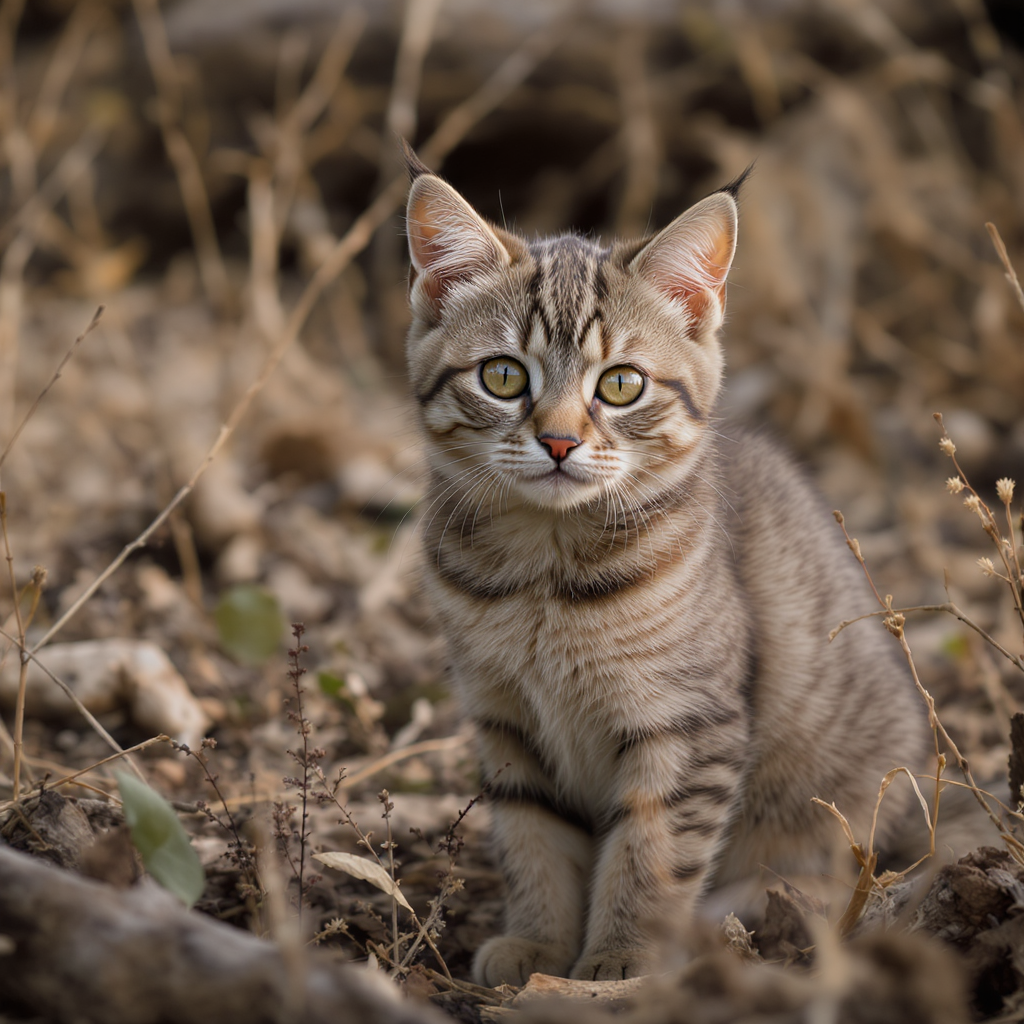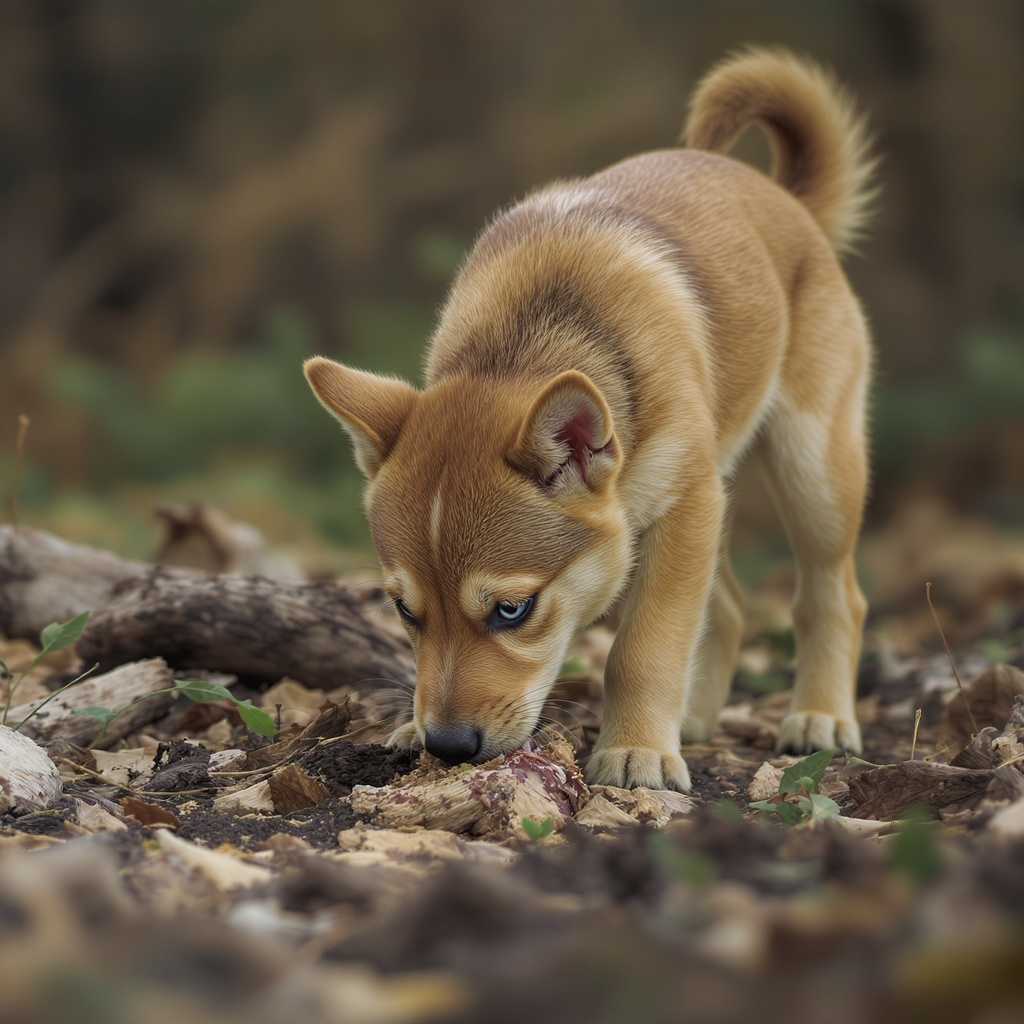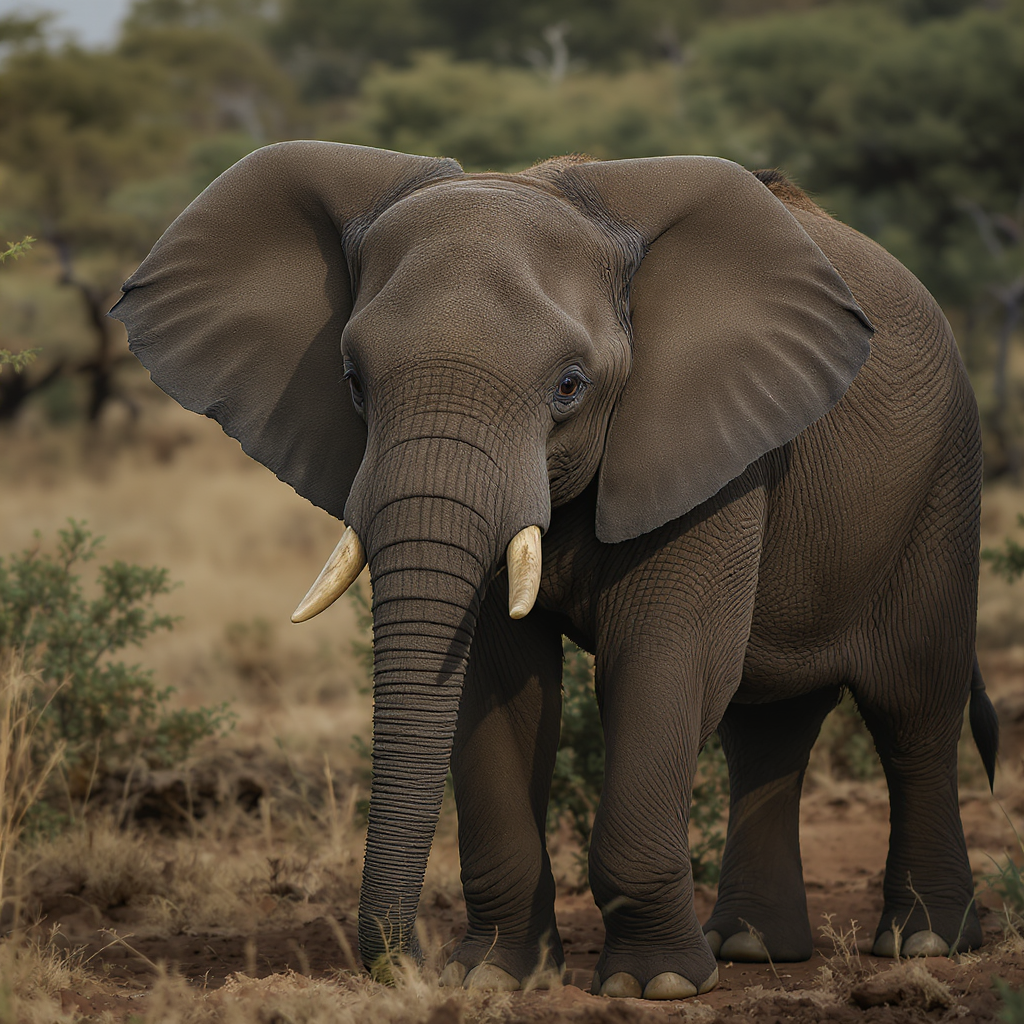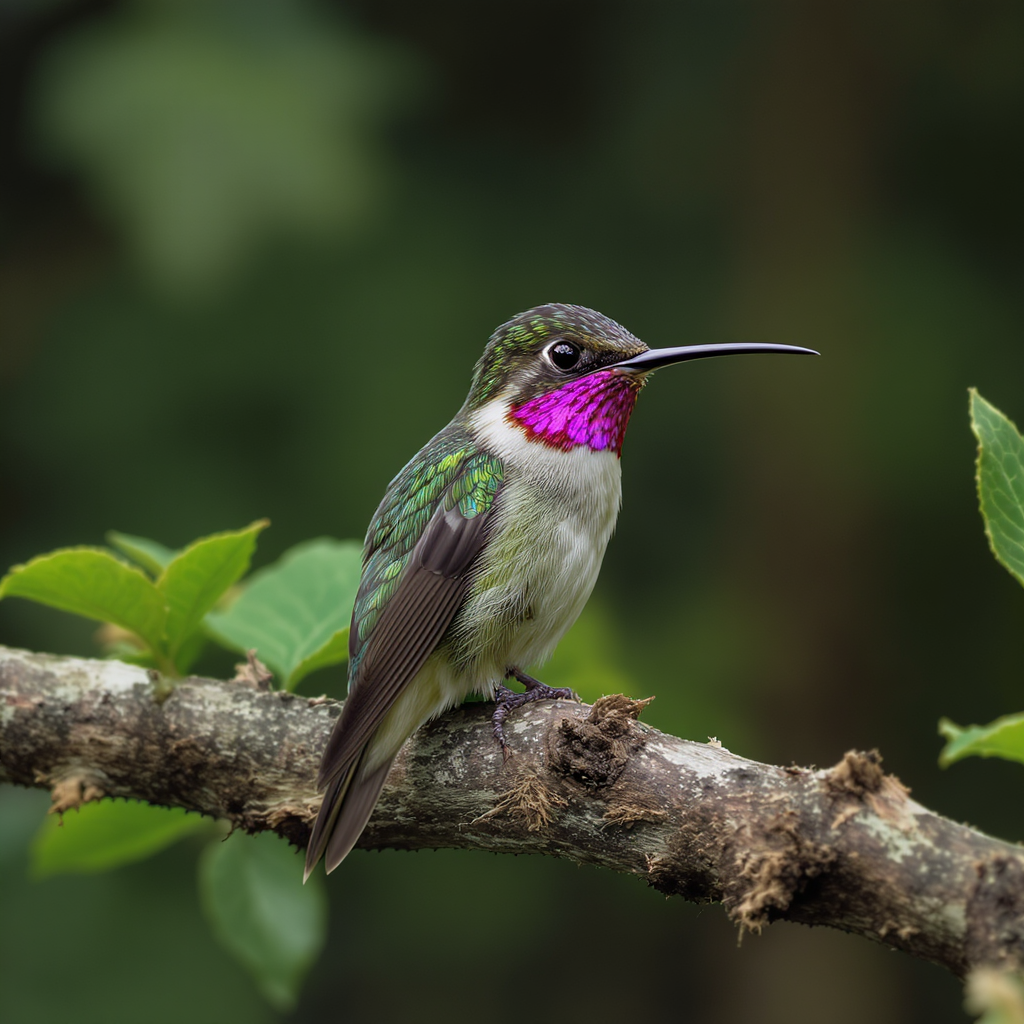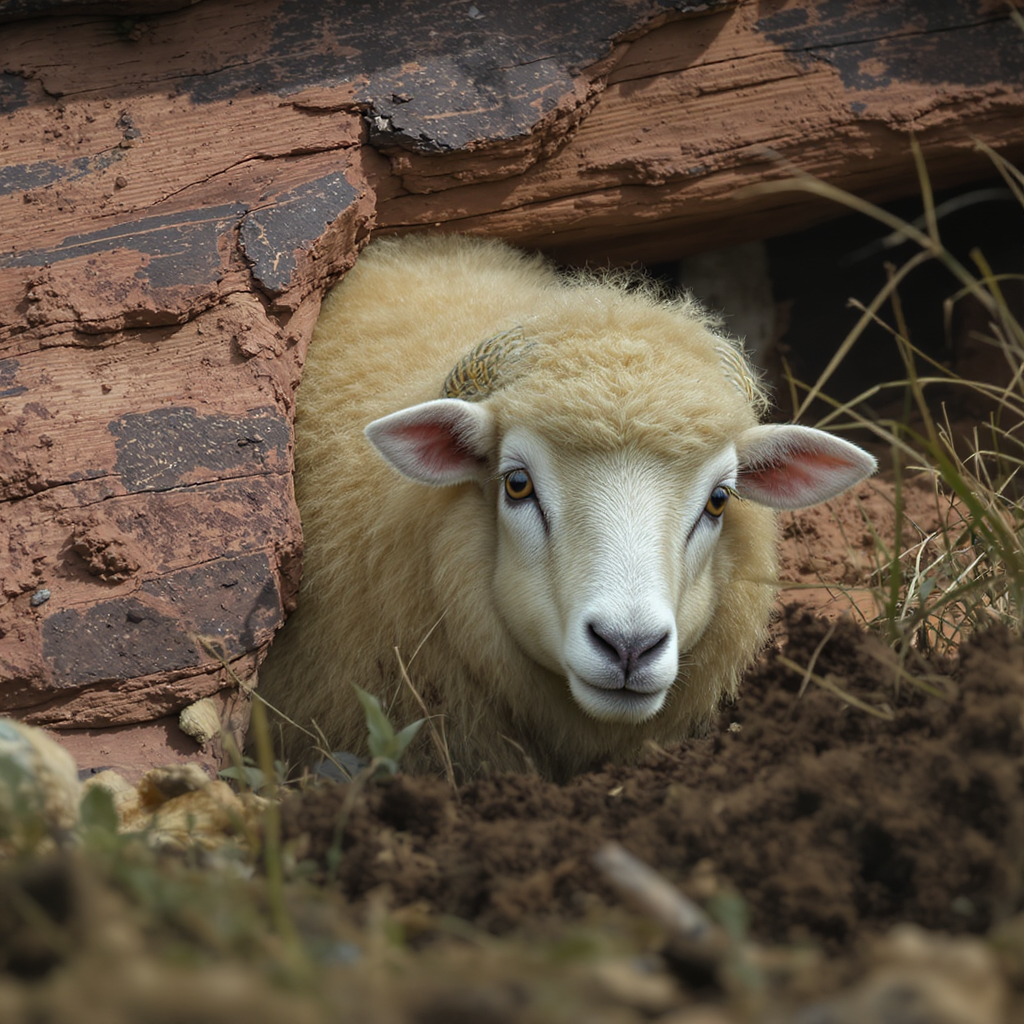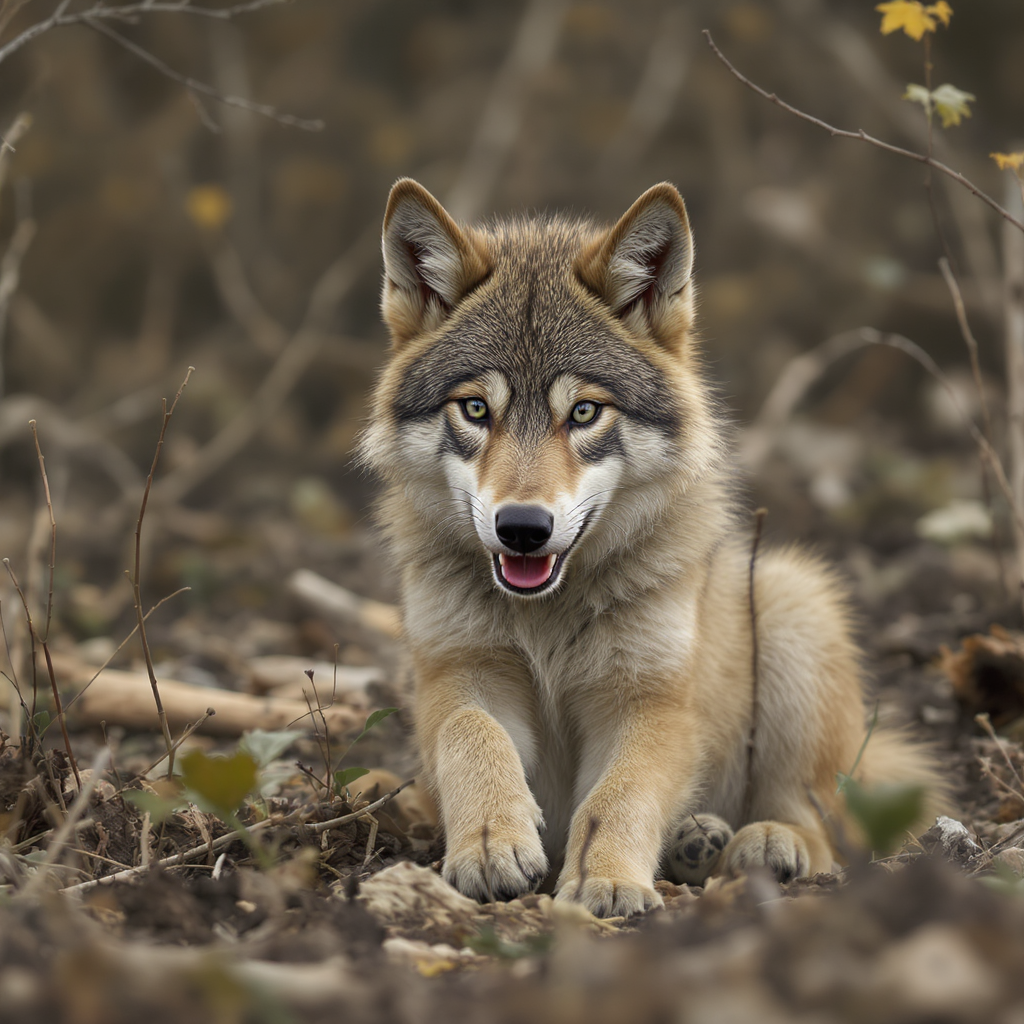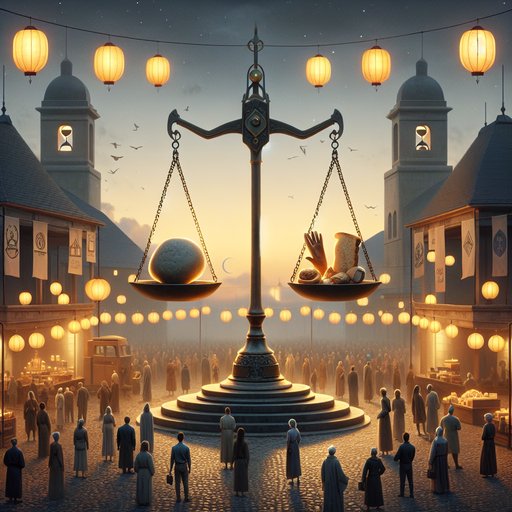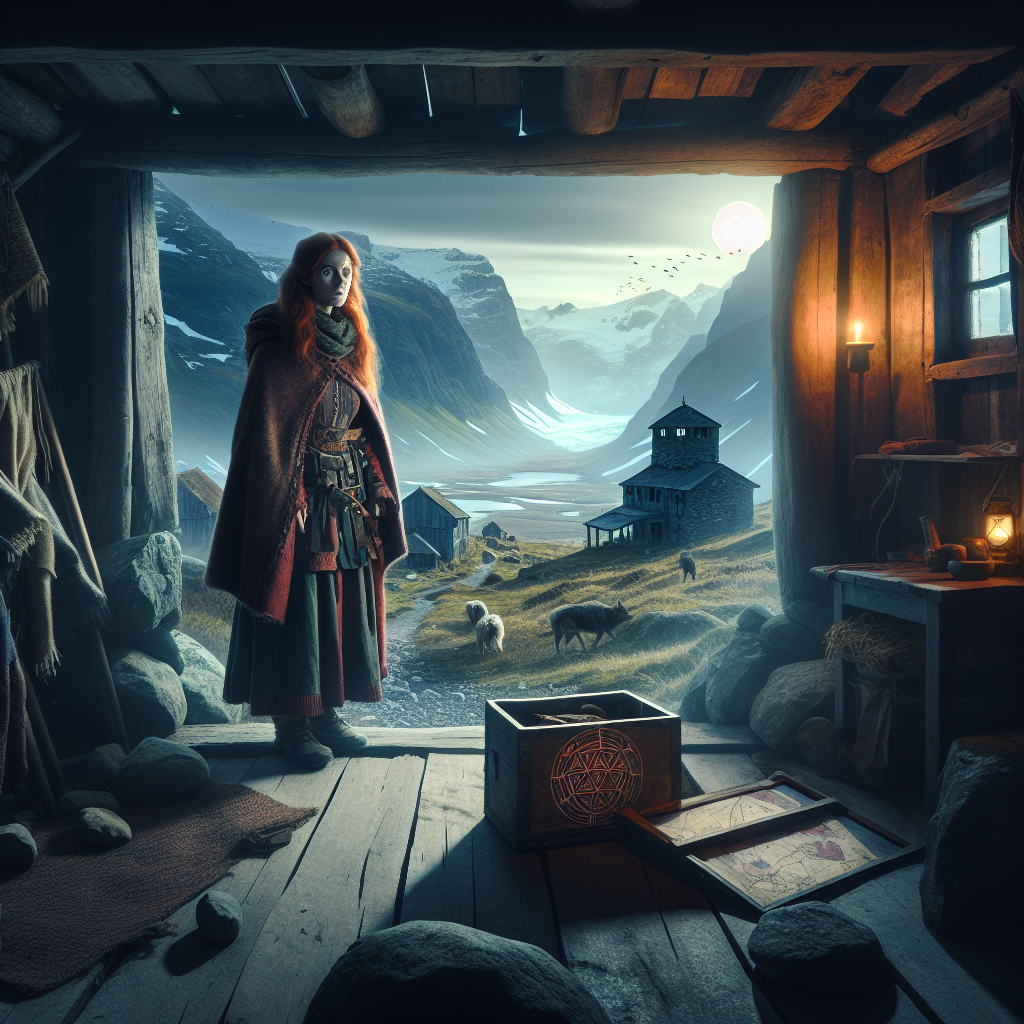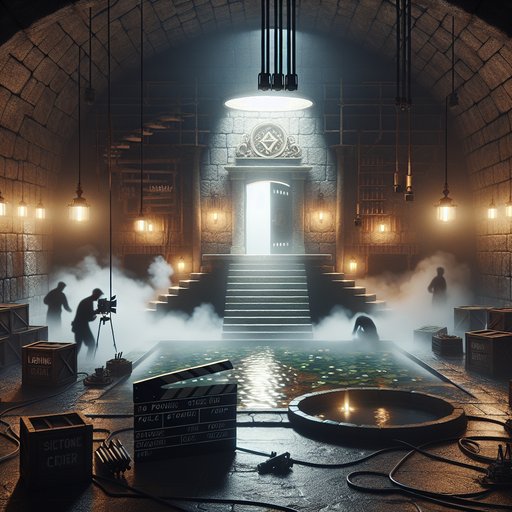
Dangling from a treacherously swinging wind-harp at the Momi cliffs, Barbra Dender is rescued at the last second by unexpected allies: the wary boy Adem and Rashid, the boatman who had earlier refused her. They secure the ancient frame and, guided by Barbra’s blue glass shard, copper coin, and vial of resin, assemble a triad of breaths—her shell mouthpiece, Rashid’s fishbone whistle, and the wind itself—to awaken the stringless instrument sealed within a living dragon’s blood tree. The harp sings and opens a resin-hidden niche, revealing a palm-leaf roll and a brass key shaped like the trident-spiral, but the activation sends a signal along the Covenant’s network. Torches gather on the ridge as guardians converge. Caught between gratitude and suspicion, Barbra reads enough of the palm-leaf to learn of a “Mother Harp” in Diksam’s canyons that must be reached before the monsoon’s red rain. Confronted by a stern elder demanding the key, she is partially shielded by a market woman who steps forward with a matching shard and suggests a test of the wind. The chapter closes with the guardians poised to judge whether Barbra is worthy or should be cast back to the gusts.
The cut line snapped back like a startled snake, and the ancient wind-harp frame swung out over the drop with Barbra clinging to its salt-sanded beam. Dusk had rubbed ash into the Momi cliffs, turning edges soft and shadows deep, and the wind keened through the limestone like a blade drawn lightly along a rim. Her blue and white Asics scrabbled for purchase on the slick chalky lip, jeans grinding grit into her knees, black leather jacket creaking where she hugged the wood. She felt the prickle of her freckles under the cold air, the old childhood annoyance flaring absurdly as fear tried to widen her grip into something desperate.
The instrument’s empty ribs hummed without strings, the ghost of a chord tugging at her chest in time with the swing. She had been alone since she could remember, she told herself, alone and learning from her grandparents how to knot ropes, how to read weather, how to count to ten calmly when everything slipped sideways. Now she counted between waves of gusts and tried to shift her weight inward, palm skidding on resin that had seeped from the living tree that had grown around the harp’s frame. The goatskin satchel at her hip thumped against the beam, and the copper coin in her pocket pressed into her thigh, a small, circular insistence that choices still existed.
Somewhere below, the sea breathed but could not be seen, only the distant shine of foam catching the last of the sky. Pebbles ticked away into the dark like spilled beads. “Hold!” A voice skated across the wind, guttural and urgent, and a coil of rope arced through the dim to slap her shoulder. She snapped a hand out on instinct and caught it, feeling the bite of hemp in her palm and the old thrill of being saved colliding with irritation that she needed saving at all.
“Loop it! Twice!” another voice shouted, and she recognized the wary boy’s cadence—Adem—tinged now with panic rather than the usual scorn. A heavier shape scrambled into view at the rim, bracing boots against a knuckle of rock: the boatman from Qalansiyah who had refused her days ago, his beard silver-threaded, his jaw tight. He wedged himself behind a stunted dragon’s blood sapling and paid out more line, even as the wind shouldered them all.
Barbra hitched the rope around the beam and her waist, breathing through clenched teeth as the frame swung back toward the cliff face. The world narrowed to the rasp of rope, the scrape of wood, and the breath in her lungs arriving in hitching packets. On the next lull—so small she would have missed it any other night—Adem and the boatman hauled together with practiced rhythm, and the frame kissed stone. It was just enough: she slammed the beam with her hip, driving it into a ledge notch, and threw her shoulder into a root that jutted like a knuckle.
A hum rose around them as if the cliff were singing back, an answering note she felt in the give of the rope. They pulled her onto the ledge where the wind spun her red hair into a wild flag, and she lay panting, leather jacket cold against the rock. The boatman grunted and offered a calloused hand that smelled of salt and fish oil; she took it and let him lever her to sitting. “Rashid,” he said, as if that explained the change of heart.
“Saba said the wind owed you a hand. I thought it owed you a lesson.” Adem’s dark eyes flicked to the swinging frame still tethered to the tree; then he glanced away, embarrassed by the relief he felt. She pushed tangled strands behind her ears and nodded, swallowing pride with the gritty tang of dust. “I would have found a way,” she said, knowing it was only half true, the way so many of her escapes had been: one part skill and one part random mercy.
The ledge was a shallow bite in the cliff, just enough room for knees and for the living tree to lean its scarred trunk into the air. The wind-harp’s ribs were carved directly into wood that had grown around them, sealed by resin in thin, glossy skins. Up close she could see pinholes like the ones in the Homhil limestone lip, and grooves with angles that matched those in her palm-leaf diagrams. Adem crouched and peered, his face softening despite himself.
“This one is old,” he murmured, tracing a carved spiral that forked into three tines—trident shape curled inward like a notation. “It listens more than it speaks.” Rashid spat into the wind and shrugged one shoulder, but his gaze clung to the instrument, as if it were a cousin he pretended not to recognize. Barbra slid the goatskin satchel into her lap and drew out the blue glass shard, the copper coin, and the stoppered vial of dragon’s blood resin that had perfumed her days since Hadibu. They looked paltry on the rock—cheap fragments laid at the feet of a god—yet the hum in the wood climbed a breath when the shard caught the last light.
“The trident-spiral isn’t just a compass,” she said, studying the palm-leaf diagram with its neat, faded ink. “It’s a sequence. Three breaths.” She daubed a smear of resin along a groove that corresponded to the first tine; the tacky scent rose, sweet and metallic. She set the blue shard into a pinhole where a thin notch on its edge mated with a carved mark she recognized from the coin.
When she pressed the copper into a shallow cup, its worn rim clicked against a tiny ridge—some ancient maker’s tolerances aligning with her present fear. Rashid’s lip curled as if against superstition, but he reached into his pocket and drew out a small whistle made from fish bone, smoothed by thumb and brine. “My father used it at the sea gate when the boats turned wrong,” he said, reluctantly, as if pulled into their knot despite his better judgment. “It is not for this, but the winds listen to cousins.” Adem’s gaze flitted between Barbra’s hands and the cliff edge; when he pulled a dented water can from his satchel and tapped its side with a knuckle, the hollow thrum slotted neatly under the hum in the wood.
Barbra raised the resin-sticky shell mouthpiece she had found days before at the fog-drinking grove and pressed it to her lips, heart stuttering. The first breath came out ragged. The second steadied, the shell focusing her lungs into a single ribbon of sound that threaded into the wind-harp’s hollow. Rashid blew his bone whistle, a thin, high note that skated along hers and found a home inside the blue shard, where it folded into a cool tremble.
Adem’s tapping settled into the rooftop drum rhythm from Hadibu, that pulse she had felt in her teeth and failed to name, and the wood took it, deepened it, returned it. A seam in the tree along the inner curve of the instrument softened like wax under a flame and eased open to reveal a resin-sealed niche. Barbra laughed once, a breathless, disbelieving sound that caught on the wind and spun away as she pried the niche with the edge of the coin. The resin cracked like candy under the shard’s blue tip, and something metallic winked in the dusk—a small brass key with the trident-spiral cut cleanly into its head.
A tight roll of palm leaves sat behind it, ink dark as if written yesterday rather than centuries ago. She held the key, and for a heartbeat she saw it lit behind glass back home, each artifact in her cabinet throwing a memory on the wall like a hand shadow. The instrument’s hum raced up the scale and out along the cliff, a clean line of sound that felt like a flare sent through stone. “Close it,” Rashid hissed, eyes cutting to the ridge where shadowy shapes had begun to resolve into people bearing small torches.
Adem scrambled to smear resin back over the seam, but the wood was slow to cool, reluctant to hide what it had given. The boy’s breath steamed as he worked; he glanced at Barbra, then at the brass key, wanting to touch and not daring. “They will not be happy,” he said, voice small beneath the wind’s growing steadiness. “They do not like the old songs to be woken without a gathering.”
Barbra unrolled the first few inches of the palm-leaf and traced a path inked in neat strokes.
The trident-spiral appeared again, its tines stretched into a river-shape, and she recognized the Diksam plateau and the thick-bellied trunks of the Fermhin forest drawn like clustered flames. A notation beside a triangle of cliffs read “Mother Harp” in the script she had begun to sound out with her teacher, and a line like a wound marked the approach where the red monsoon stained the stone. “Before the first red rain,” she translated aloud, and the words tasted of iron. “Three breaths, one price.”
“Price is always cut,” Rashid said, tapping his palm with a finger, and Barbra thought of old oaths and young scars, of the tight set of Saba’s mouth when she had said the wind exacts.
The torches were close now, their light breaking across faces that seemed carved from the same limestone, eyes glinting like resin in firelight. Adem edged close to her without seeming to, and she felt the heat of his small shoulder through her jacket. The wind had gone strangely even, as if the cliff were holding its breath with them. Stones shifted—footsteps—then a man stepped forward, ring flashing with the trident-spiral.
“You have taken a key that is not yours,” he said in Socotri, and though the words were not unfamiliar, the authority in them pressed like the flat of a blade. Behind him, an old woman stepped out of the line of torchlight, and Barbra recognized her with a lurch—the market spice-seller who had turned away the day she had asked too many questions. The woman lifted her chin, and the light caught a shard of blue glass threaded on a chain at her throat, twin to Barbra’s and worn smooth from years of fingers. “Let her prove the wind,” the woman said, and the ripple of disagreement in the gathered throats sounded like the sea worrying stones.
The elder’s hand hovered at the rope that kept the harp tight to the ledge, his eyes unreadable in the flicker. Barbra closed her fingers around the brass key until its edges bit crescents into her skin and felt the old resolve settle, the one she had fed since she was four and the world had gone off a cliff she could not see. The network had answered her breath, and the families had come, and she could not tell if that meant she had been accepted or marked. Her freckles burned in the cold as if each were a little ember in the wind.
“What test?” she asked, surprising herself with the rational steadiness of her voice. The elder’s blade angled toward the rope, the torches leaned, and the wind, obedient as a drawn bow, waited—would they cut and cast her into the gusts to see if the cliff would catch her again, or would they ask for a price she was not sure she could pay?
